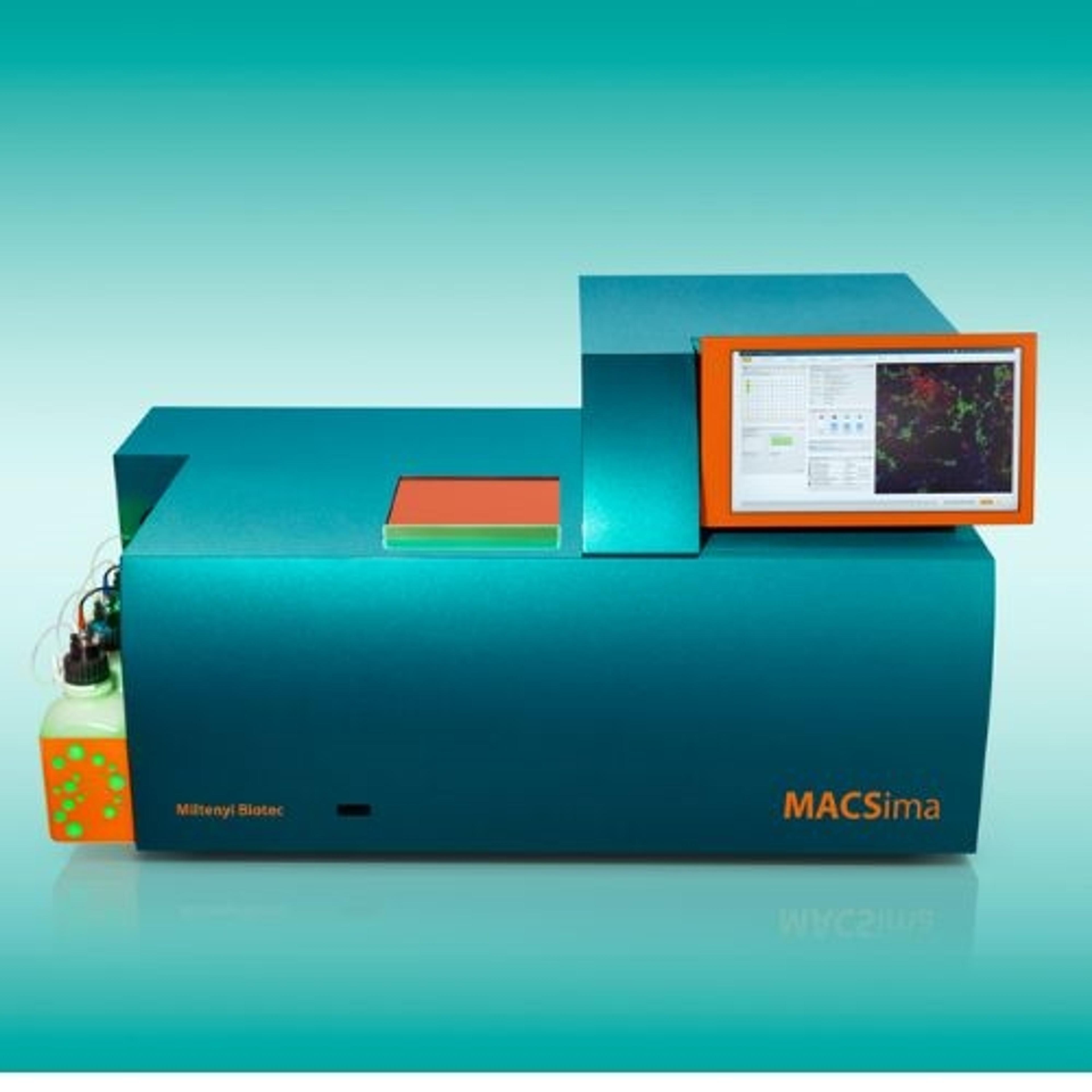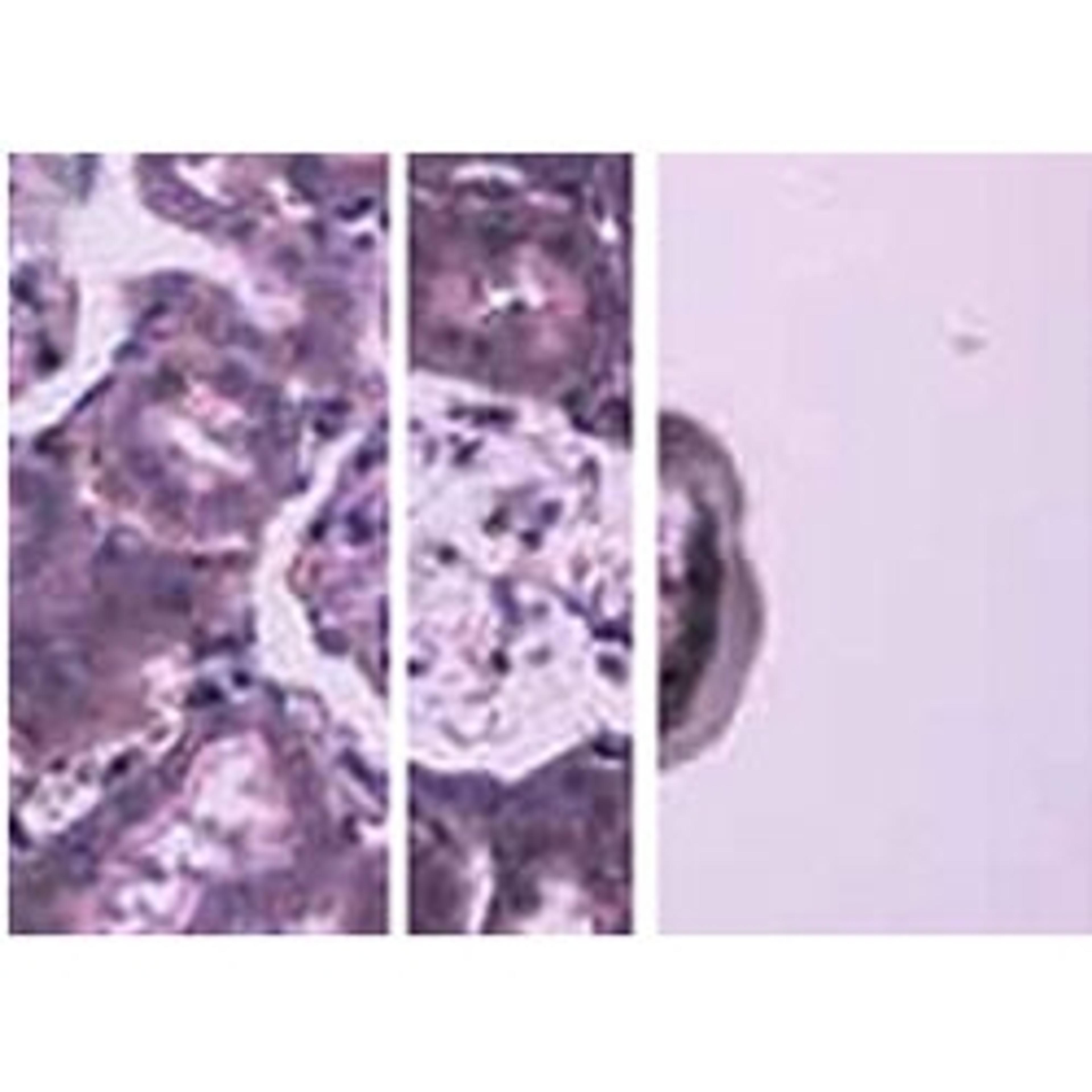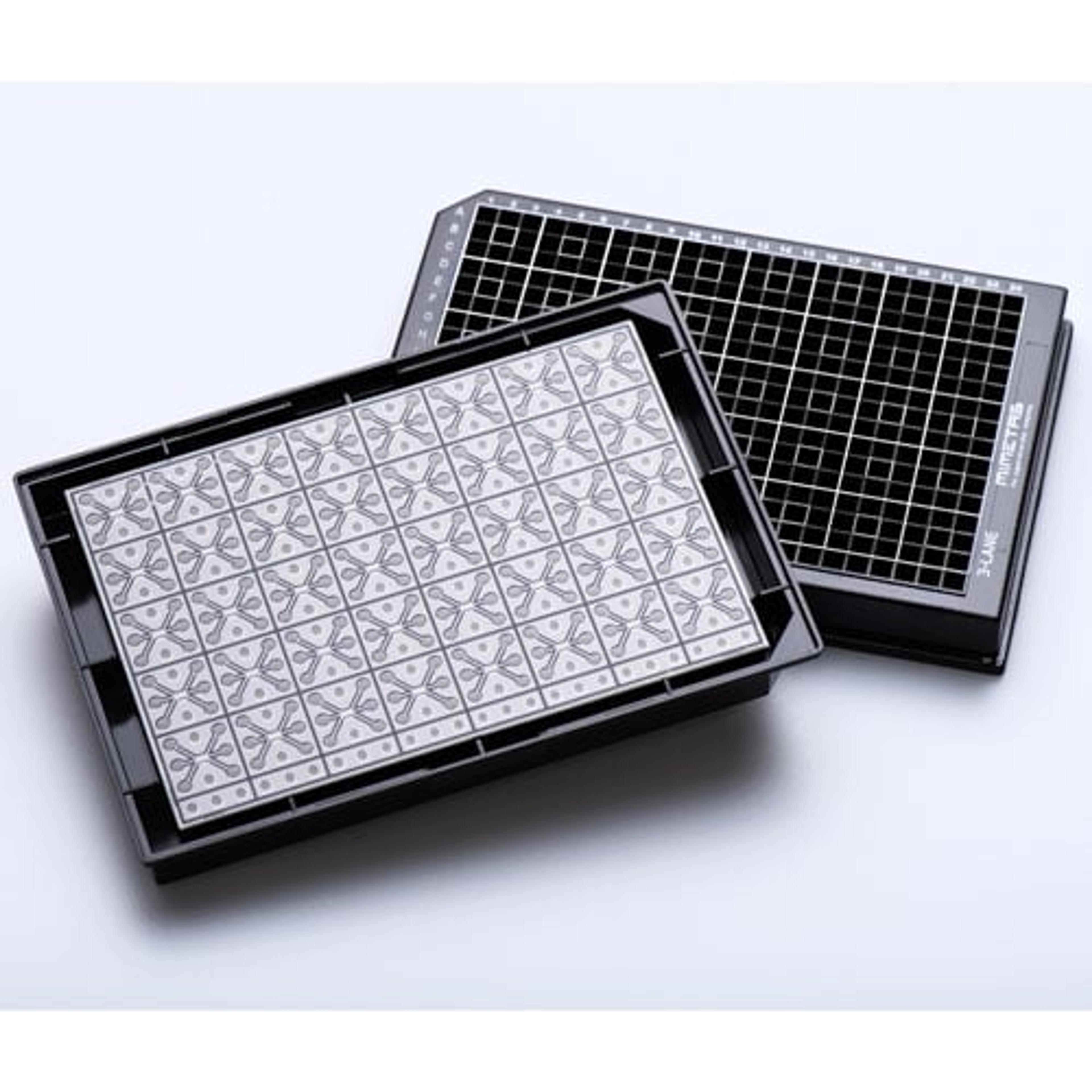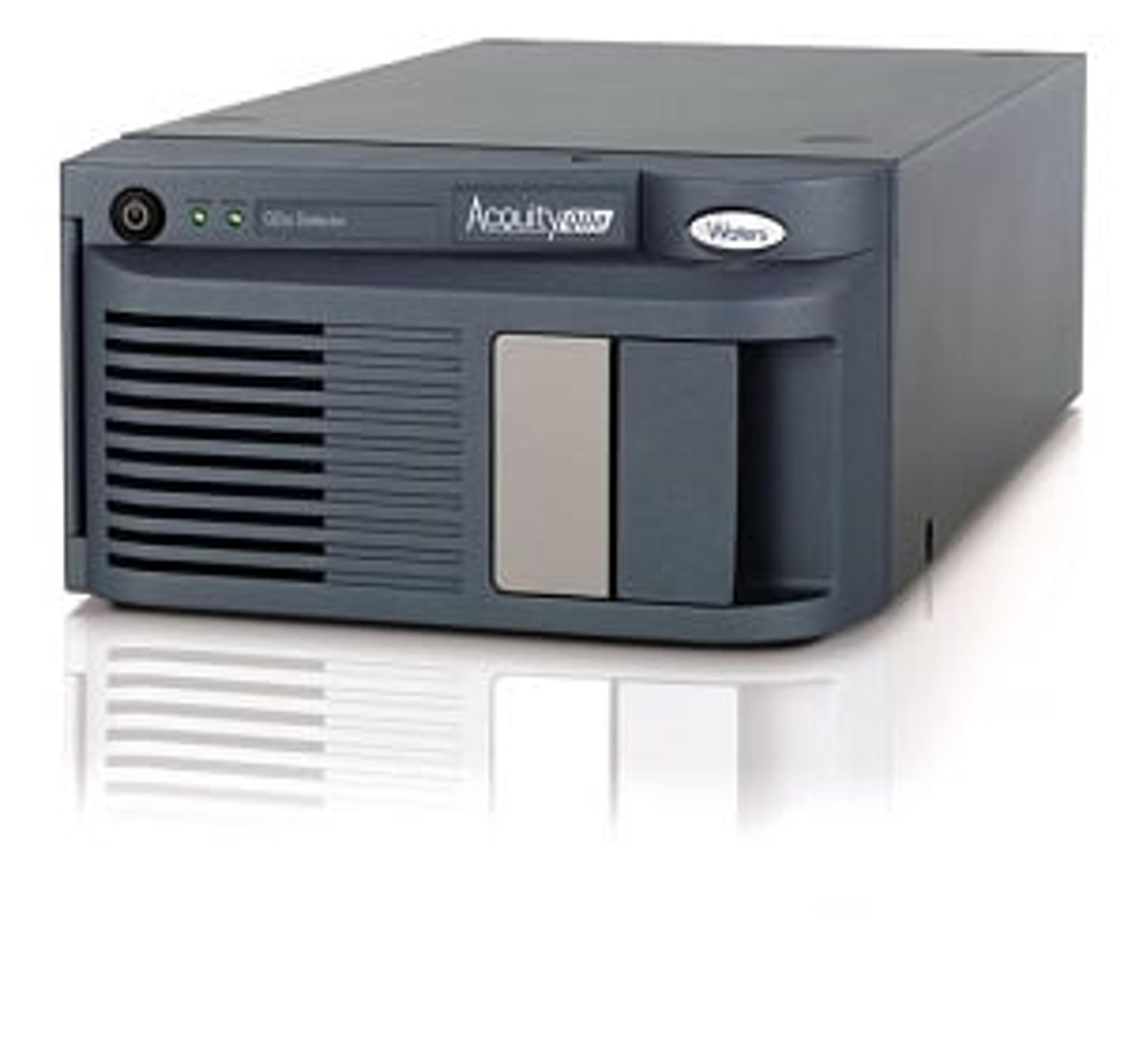AACR 2019: 7 New Technologies to Combat Cancer
SelectScience reports on the top technologies launched at the American Association for Cancer Research (AACR) annual meeting, in Atlanta, USA
4 Apr 2019
One of the largest events in cancer science, the AACR annual meeting 2019 fosters global collaboration and education. This year, the scientific program established a focus on population prevention and individualized patient care, alongside a sensational display of the world’s most innovative technologies. Here, SelectScience editors report on the top new tech showcased on the show floor – enabling scientists to push beyond the boundaries of modern-day cancer medicine.

1. Single-Stranded DNA Service by GenScript
With immunotherapy the most emergent and exciting therapeutic tool in oncology, the potential for gene therapy is quickly becoming realized. Debuted in Atlanta, the new ssDNA service by GenScript has potential to lift gene editing, such as CRISPR, to more precise and efficient levels. By replacing more conventional double stranded DNA repair systems, fewer off-target or incorrect insertions are reported. This hold great promise for more effective T cell manipulation, for example.
2. exoRNeasy Midi and Maxi Kits by QIAGEN
Liquid biopsies have potential to transform patient therapeutic and monitoring regimens – enabling clinicians to tackle tumor plasticity before it’s had a chance to take control. QIAGEN announced at AACR the launch of two novel non-invasive kits that utilize membrane-affinity technology to isolate extracellular vesicles. With ability to access RNA from common biofluids, and in just one hour, this technology could vastly improve patient experience and accelerate clinical decision making.
3. Maxpar® Direct™ Immune Profiling System by Fluidigm
With increasing pressures to accelerate the drug discovery pipeline, scientists require more results, from less sample. Introducing possibly one of the most advanced immune profiling solutions yet, Fluidigm have certainly addressed this need. This new technology, used in concert with the cyTOF® platform, enables quantification of 37 different types of immune cells from human peripheral blood cells in single-tube workflow.
4. MACSima™ Imaging Platform by Miltenyi Biotec
The arrival of high-content imaging technology to the market has considerably advanced the fields’ understanding of cancer cell behavior and interactions in 3D. Now, we’ve entered an era of ‘ultra-high content imaging’ with the next level of automated, iterative fluorescence analysis that facilitates deep phenotypic analysis. With the MACSima™ Platform, researchers can now simultaneously analyze hundreds of markers in one run.
5. OrganoPlate by MIMETAS
Presenting the power of miniaturization, MIMETAS showcased its pioneering technologies making 3D culture on a chip, a reality. The company wowed exhibition attendees with the first-of-its kind 3D chip to vascularize tissues from spheroids, organoids and patient-derived material with microfluidics
6. Arcturus Cellect Laser Capture Microdissection (LCM) System by Thermo Fisher Scientific
Among a suite of new products, Thermo Fisher Scientific demonstrated their new LCM system, capable of isolating specific cells of interest with a unique combination of infrared and ultraviolet lasers. Assessing heterogenous cell populations in tumors is integral to development of novel therapeutics, and this new technology could significantly improve the accuracy of downstream proteomic and genomic analysis – leading to a better understanding of the way cancer works.
7. LC-MS and DESI Technologies by Waters Corporation
As leaders in mass spectrometry technology, Waters Corporation showcased its innovative solutions for uncovering the deeper biomolecular mechanisms of cancer, which certainly caught the attention of exhibitor attendees. From DESI imaging, to pan tumor omics, Waters illustrated how its mass spec platforms have the power to quantify central pathways in cancer progression and map tumors in 3D.
Visit the SelectScience AACR 2019 page for more news, video interviews, and downloadable content >>




